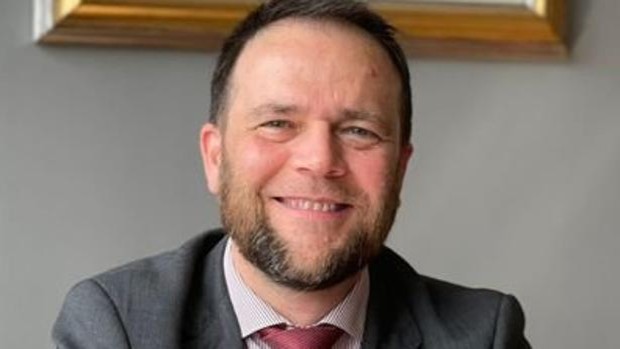The Diplomat
King Philip VI presided yesterday at the Monastery of Yuste (Cáceres) the presentation ceremony of the XIV Charles V European Award to the German Chancellor, Angela Merkel, who defended during her speech a “united and strong” Europe against the “centrifugal forces” of “national interests”.
The event was attended, among others, by the President of the Government, Pedro Sánchez; the President of the PP, Pablo Casado; the President of the Regional Government of Extremadura, Guillermo Fernández Vara; the Minister of Foreign Affairs, José Manuel Albares; the Spanish Ambassador to Germany, Ricardo Martínez; the German Ambassador to Spain, Wolfgang Dold; nineteen other ambassadors from European and Latin American countries (Romania, Slovakia, Denmark, Czech Republic, France, Netherlands, Hungary, Lithuania, Chile, El Salvador, Malta, Belgium, Cyprus, Andorra, Bolivia, Nicaragua and Dominican Republic) and some of the previous winners, such as Felipe González, Javier Solana and Marcelino Oreja.
After the presentation of the Award, the King said in his speech that “these last 16 years of leadership, so personal, so special, will go down in the history of the EU and the International Order”, because “few people can better represent the spirit of European unity”. “Angela Merkel represents the spirit of the best united Europe”, he continued.
“Now, the times in which we live demand our greatest commitment and our greatest support towards the continuity and strengthening of the European project, in which all progress must continue to be based on freedom, equality, respect for dignity and human rights, and the rule of law,” the Monarch said. “These democratic values, together with solidarity and a continuous search for peace, are what have made Europe great”, because, “without them, it would not be possible to understand our present and our future”, he added.
In the same vein, Angela Merkel defended during her speech the need to maintain a “united and strong” Europe that protects “values” such as human freedom, dignity, equality, the rule of law and respect for human rights and minorities, against the “centrifugal forces” that represent “national interests” in the “short term” and that arise every time “the expectations placed in the EU are not met”. For this reason, the German Chancellor urged to be “more proactive and to improve coordination” in a Europe whose integration “never ends”, in order to achieve a “more independent” EU that knows how to act “strategically” and with “more European sovereignty”.
The jury of the XIV Edition of the Charles V European Award, granted by the European and Ibero-American Academy of Yuste Foundation since 1995, decided to give the award to Angela Merkel as “recognition of her long political career in the service of Europe, having been a strong advocate of the European integration process and the important strategic role of Europe in the international concert”. Merkel thus becomes the third woman to receive the Charles V European Prize, after former European Parliament President Simone Veil (2008) and the driving force behind the Erasmus program, Sofia Corradi (2016). It is also the second time that the award has gone to a German chancellor, after Helmut Kohl received it in 2006.
In previous editions, the Prize has gone to Jacques Delors (1995), Wilfried Martens (1998), Felipe González (2000), Mikhail Gorbachev (2002), Jorge Sampaio (2004), Helmut Kohl (2006), Simone Veil (2008), Javier Solana (2011), José Manuel Durão Barriso (2014), Sofia Corradi – Mamma Erasmus (2016), Marcelino Oreja Aguirre (2017), Antonio Tajani (2018) and Council of Europe Cultural Itineraries (2019).







